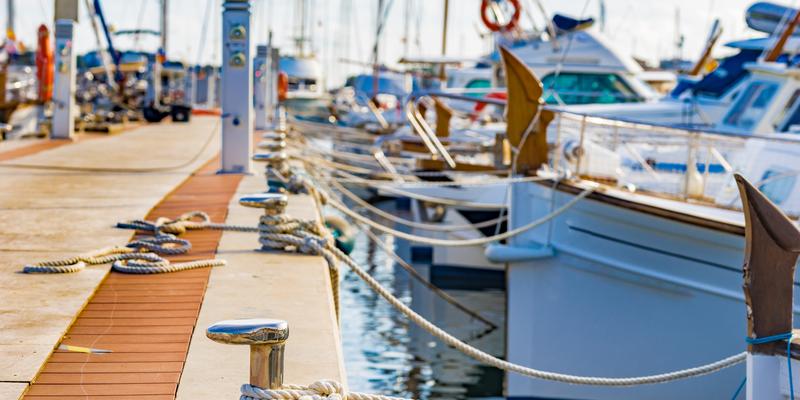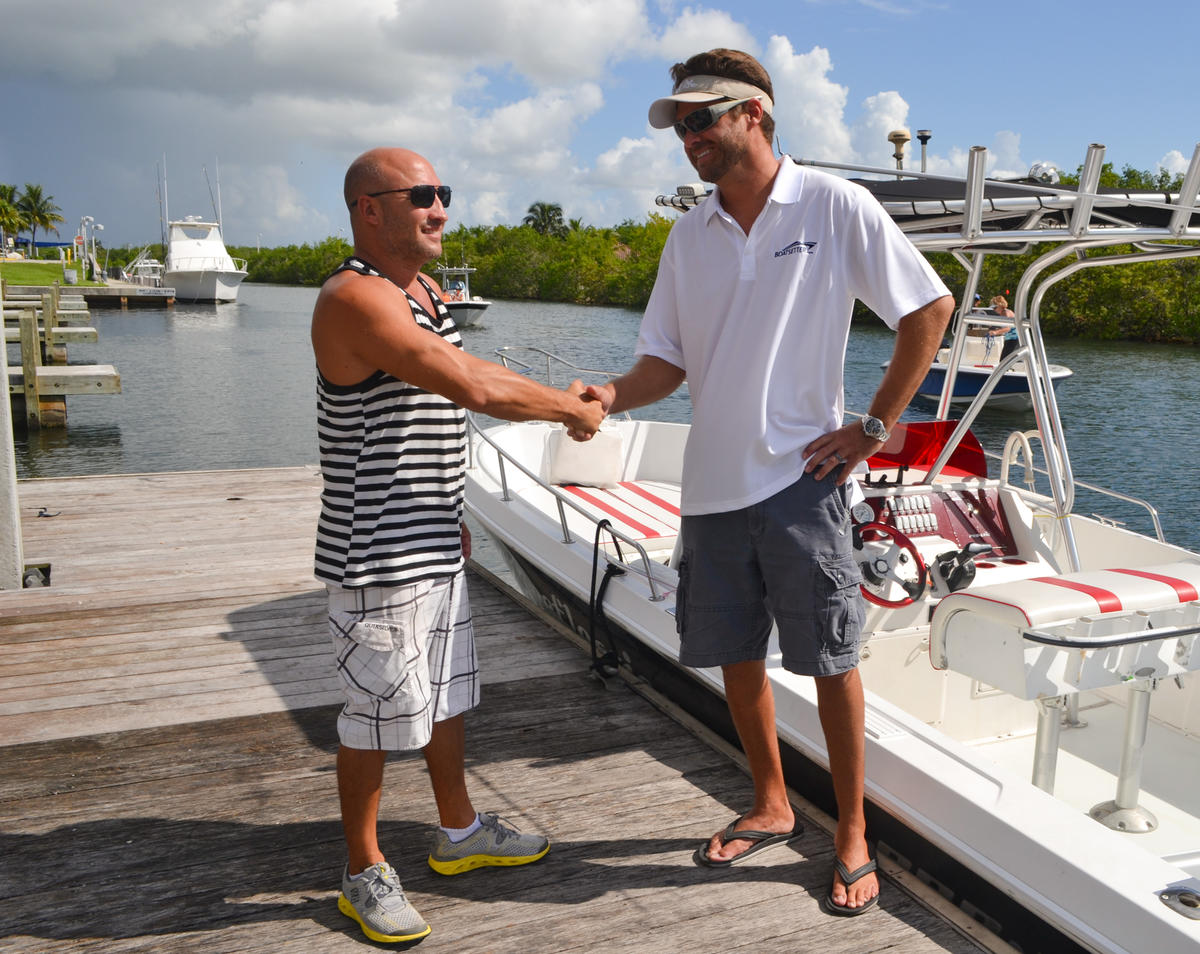
By BoatUS
Airbnb has shown that the sharing economy can work. A new report says, in 2018, the peer-to-peer rental company’s annual sales surpassed Hilton, based on data from U.S. travelers (excluding business spending). For boat owners looking to make extra money renting their boats on peer-to-peer boat rental networks like Boatsetter, what can they learn from Airbnb’s success? Boat Owners Association of The United States (BoatUS) offers five tips for the most important things boat owners should consider before renting out their boats.
1. Know your liabilities: If you wish to rent your boat, your first concern should be insurance. Most everyday recreational marine insurance policies don’t cover boat rentals, so you need to see if the peer-to-peer rental company offers coverage for both the boat (hull) and liability, as well as other coverages like medical payments for potential claims such as a trip to the emergency room. Most peer-to-peer boat rental companies, however, simply advise owners that they need to determine if coverage is provided under the owner’s boat policy. The largest peer-to-peer network, Boatsetter, offers both boat (hull) coverage and liability coverage through the BoatUS Marine Insurance program’s peer-to-peer policy, regardless of the boat’s own insurance policy.
2. Know your coverage: Once you have insurance coverage, you need to understand it. It may be different, both in type, coverages and policy limits, from your boat’s own policy. The BoatUS peer-to-peer policy for Boatsetter is underwritten by GEICO Marine Insurance and provides hull coverage on an actual-cash-value basis and includes $300,000 per person liability coverage and $300,000 total liability per accident, $25,000 in medical payments, and $100,000 in uninsured boater coverage. Renters using peer-to-peer networks are typically responsible for any deductibles related to insurance. In the case of Boatsetter, the company takes a $1,000 deposit at every rental for this purpose.
3. Unexpected breakdowns: Recognize that unexpected breakdowns can happen and there may be a need to tow your boat to the dock or launch ramp. If a boat owner has an on-water assistance towing plan provided by a national towing-assistance company, chances are that the service is not extended to a renter, so the owner will likely need to make arrangements and pay separately for this service, which averages about $750 per incident nationwide. BoatUS provides all Boatsetter rentals with 24-hour on-water assistance by TowBoatUS, dispatched through the BoatUS App or by calling 24-hour nationwide dispatch. This service is included with the rental fee.
4. Will you be the captain? While most peer-to-peer boat rentals are “bareboat,” you may want to helm your boat for the rental period or provide a hired captain. Just remember that any captain on a hired vessel must be U.S. Coast Guard-licensed. Having a captain also means the number of guests aboard is limited to six, which complies with regulations for an Operator of Uninspected Passenger Vessels (“6-Pack”) license. To carry more than six passengers, additional regulations and inspections will apply.
5. Do a little checking up: Most peer-to-peer companies require renters to fill out a boating experience questionnaire and will confirm a valid driver’s license. Like Airbnb, peer-to-peer boat rental companies also provide a rating system that’s useful when past renters want to rent your boat. That’s harder to do with new renters. That’s when it’s up to the owner to work on building their comfort level. Set up a phone call way ahead of time or meet the renters, or take them out for a short ride to get a feel for their experience, abilities and any boating safety training. This would also be a good time to familiarize the renter with systems and equipment on the boat. Most peer-to-peer boat rentals give the owner (and renter) the option to cancel for any reason, but it usually must be done by a certain date prior to the beginning of the rental period.

Renting your boat may help offset ownership costs, but you need to do a little homework first, according to BoatUS